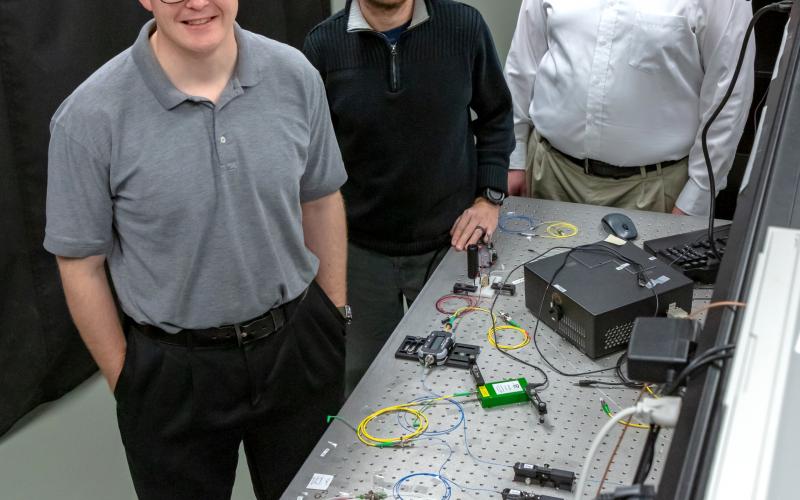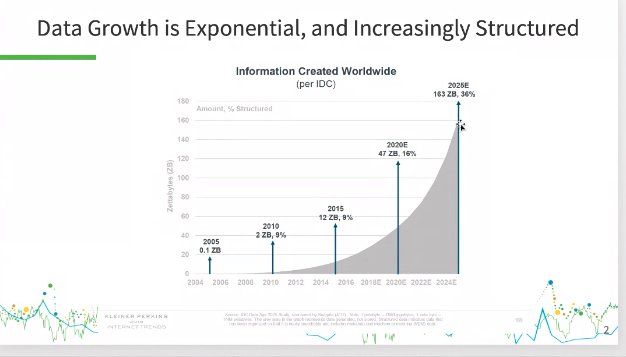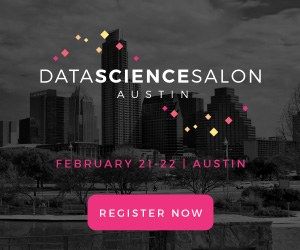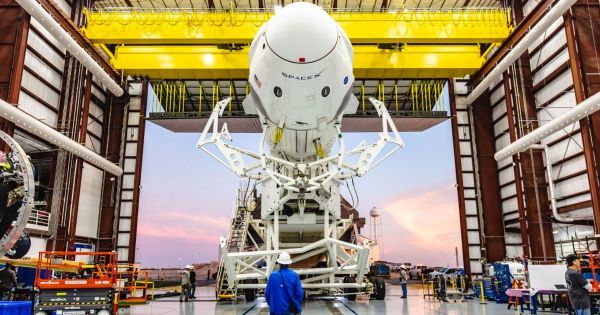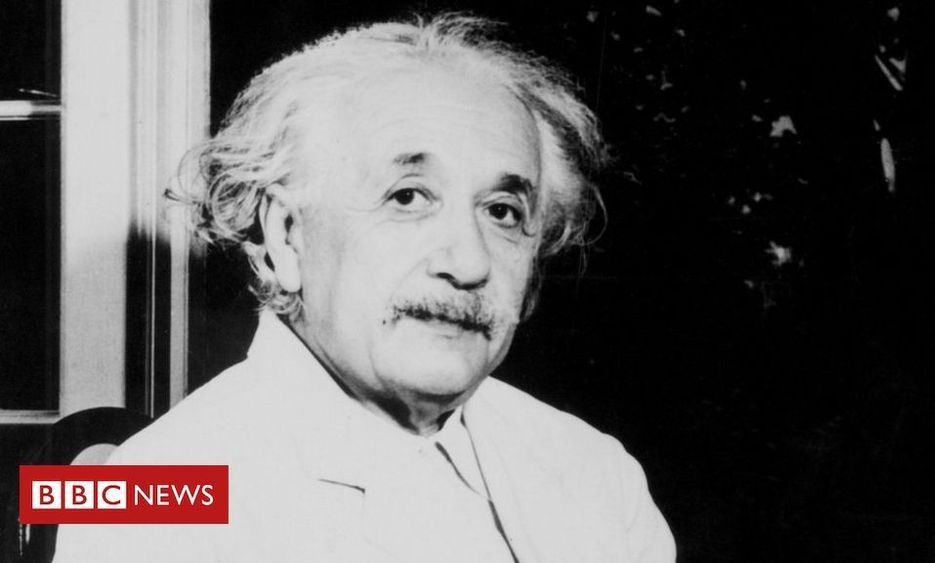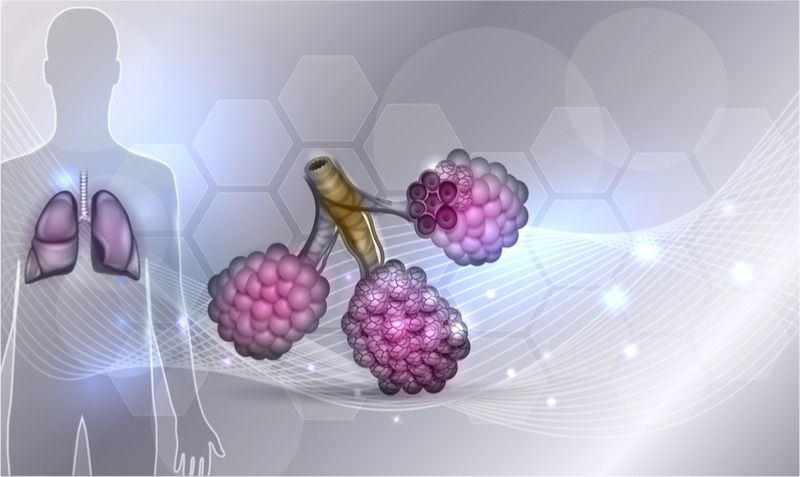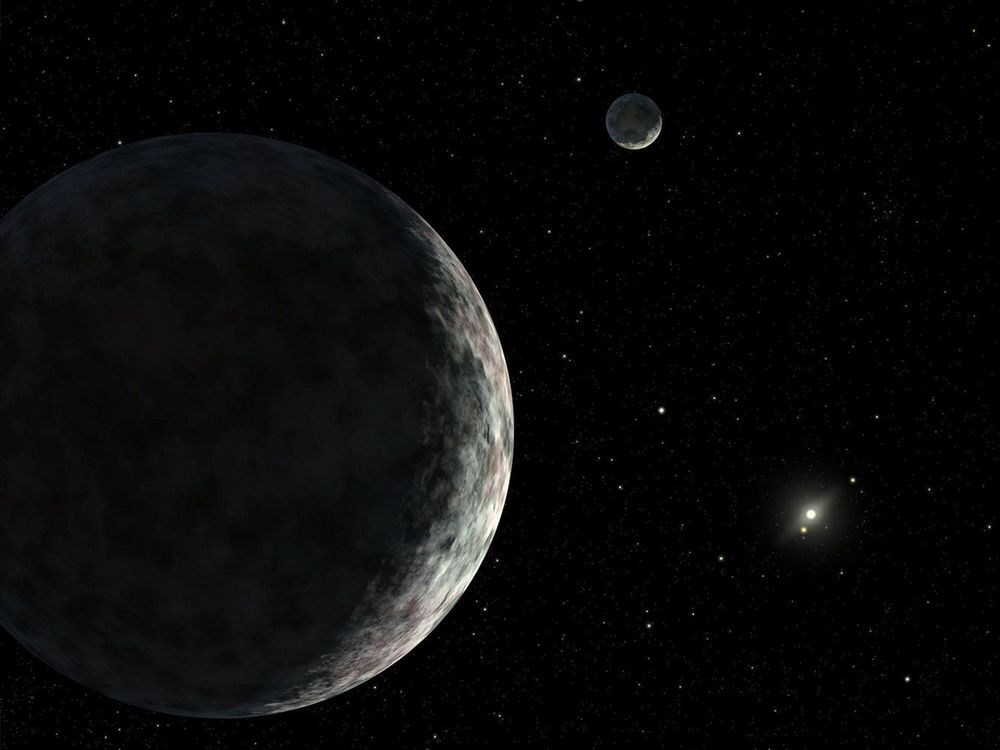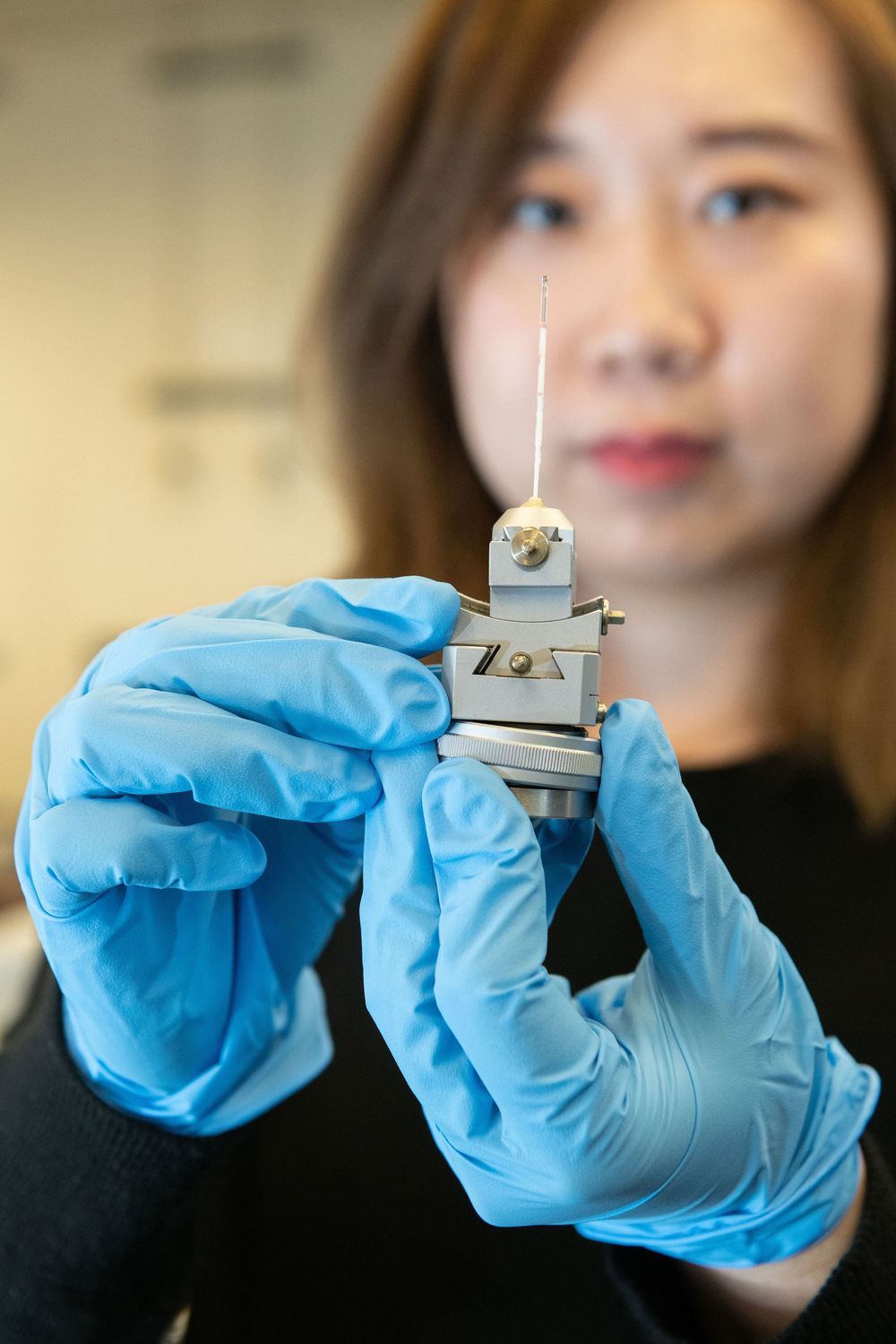Jan 7, 2019
Novel fiber-optic device lays foundation for quantum-enhanced measurements
Posted by James Christian Smith in categories: particle physics, quantum physics
Researchers at the US Department of Energy’s (DOE’s) Oak Ridge National Laboratory (ORNL) has developed and tested a new #Interferometer
January 3, 2019 — By analyzing a pattern formed by the intersection of two beams of light, researchers can capture elusive details regarding the behavior of mysterious phenomena such as gravitational waves. Creating and precisely measuring these interference patterns would not be possible without instruments called interferometers.
For over three decades, scientists have attempted to improve the sensitivity of interferometers to better detect how the number of photons—particles that make up visible light and other forms of electromagnetic energy—leads to changes in light phases. Attempts to achieve this goal are often hampered by optical loss and noise, both of which can decrease the accuracy of interferometer measurements.
Continue reading “Novel fiber-optic device lays foundation for quantum-enhanced measurements” »
